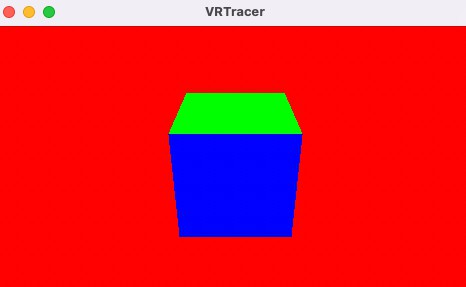json0.1.4
swift-json is a pure-Swift JSON parsing library designed for high-performance, high-throughput server-side applications. When compared using the test data captured.json, swift-json is nearly 7 times faster than Foundation.JSONDecoder (see benchmark source code).
Importing this module will expose the following top-level symbol(s):
enum JSON
In addition, this module re-exports the following top-level symbol(s) from the Grammar module of swift-grammar:
enum Grammarprotocol TraceableErrorprotocol TraceableErrorRootstruct ParsingError<Index>struct ParsingInput<Diagnostics>protocol ParsingRuleprotocol ParsingDiagnostics
example usage
The JSON module in swift-json enables you to express JSON parsing tasks as constructive parsers. This makes the JSON module very flexible without requiring much configuration from users who simply want to parse a JSON message from a remote peer.
To parse a complete JSON message, use the JSON.Rule<Location>.Root parsing rule:
import JSON
@main
enum Main
{
struct Decimal:Codable
{
let units:Int
let places:Int
}
struct Response:Codable
{
let success:Bool
let value:Decimal
}
static
func main() throws
{
let string:String =
"""
{"success":true,"value":0.1}
"""
let decoder:JSON = try Grammar.parse(string.utf8,
as: JSON.Rule<String.Index>.Root.self)
let response:Response = try .init(from: decoder)
print(response)
let invalid:String =
"""
{"success":true,value:0.1}
"""
do
{
let _:JSON = try Grammar.parse(diagnosing: invalid.utf8,
as: JSON.Rule<String.Index>.Root.self)
}
catch let error as ParsingError<String.Index>
{
let debug:String = error.annotate(source: invalid,
line: String.init(_:), newline: \.isNewline)
print(debug)
}
}
}
$ .build/release/examples
Response(success: true, value:
JSONExamples.Main.Decimal(units: 1, places: 1))
Grammar.Expected<Grammar.Encoding.ASCII.Quote>:
expected construction by rule 'Quote'
{"success":true,value:0.1}
^
note: expected pattern 'Grammar.Encoding.ASCII.Quote'
{"success":true,value:0.1}
^
note: while parsing value of type 'String' by rule
'JSON.Rule.StringLiteral'
{"success":true,value:0.1}
^
note: while parsing value of type '((), (key: String, value: JSON))'
by rule '(Grammar.Pad<Grammar.Encoding.ASCII.Comma,
JSON.Rule.Whitespace>, JSON.Rule.Object.Item)'
{"success":true,value:0.1}
^~
note: while parsing value of type '[String: JSON]' by rule
'JSON.Rule.Object'
{"success":true,value:0.1}
^~~~~~~~~~~~~~~~~
note: while parsing value of type 'JSON' by rule 'JSON.Rule.Root'
{"success":true,value:0.1}
^~~~~~~~~~~~~~~~~
The JSON module supports parsing JSON fragments using the JSON.Rule<Location>.Value rule.
The nature of constructive parsing also means it is straightforward to parse multiple concatenated JSON messages, as is commonly encountered when interfacing with streaming JSON APIs.
adding swift-json as a dependency
To use swift-json in a project, add the following to your Package.swift file:
let package = Package(
...
dependencies:
[
// other dependencies
.package(url: "https://github.com/kelvin13/swift-json", from: "0.1.4"),
],
targets:
[
.target(name: "example",
dependencies:
[
.product(name: "JSON", package: "swift-json"),
// other dependencies
]),
// other targets
]
)
